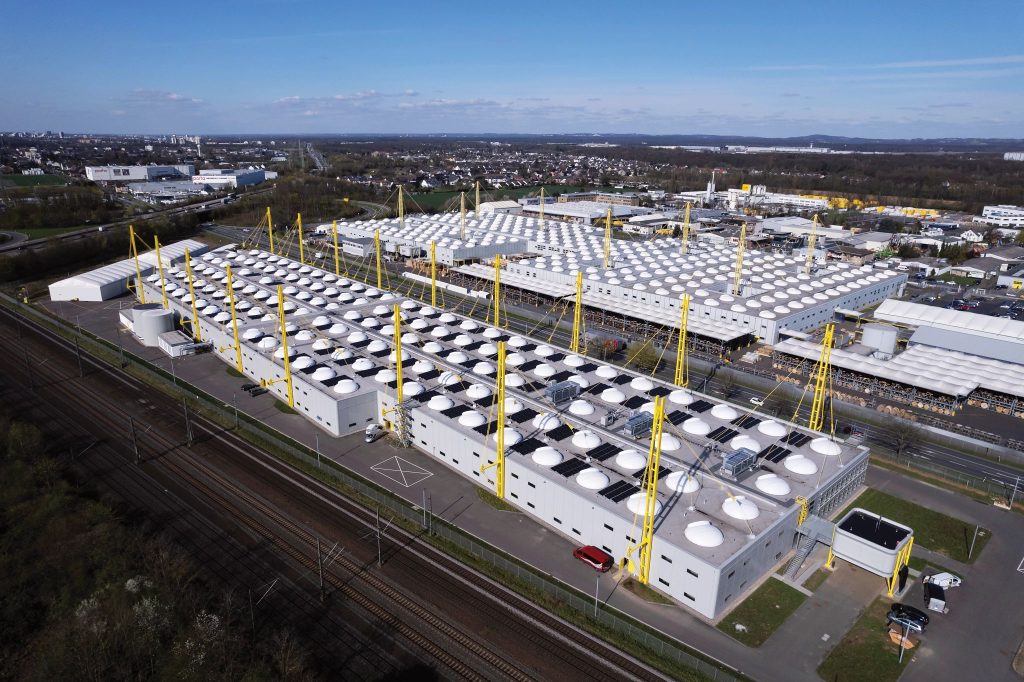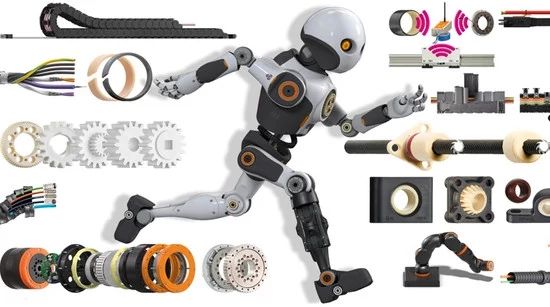60 years of igus: From a garage in Cologne out into the world
Hendrik Winter | 12. October 2024
At igus, it all started in a garage in Cologne-Mülheim. In 1964, Günter and Margret Blase founded the company with confidence in the potential of polymer materials. With the words “Give me your most difficult part and I’ll find a solution”, the couple won over their first customer Pierburg. The complicated problem part was a valve cone for vehicle carburetors. Günter Blase experimented until the first perfect plastic valve cone came out of the injection molding machine – and thus laid the foundation for the company’s success.

In 1971, igus then also produced the first energy chain made of plastic. The client Schlafhorst was looking for a concept for its textile machines to protect cables on long travels in the harsh environment. igus was already successfully producing plain bearings made of high-quality plastic. Together with the machine manufacturer, the so-called energy chain series 20 was developed – a milestone in automation.
Günter Blase is known for his research and pioneering spirit. It was therefore only a matter of time before he stopped relying on supplier material and developed his own materials. iglidur G, also known at igus as the “ allround classic”, is still in the range today. In 1989, the first chainflex cable followed with the CF1, as well as other new products in the following years, such as a ready-to-connect cable, a linear guide and a self-aligning bearing.
Since 1994, igus has had its headquarters in Cologne Porz-Lind: a steadily growing campus with striking yellow pylons. And over the years, further business areas have emerged – from ball bearings (2008) to a 3D printing service and smart plastics for predictive maintenance (2016) to low-cost robotics (2017).
Today, igus has around 188,000 customers from over 50 industries worldwide, always with the goal to improve what moves – without lubrication! Around 4,600 employees at 31 locations worldwide ensure new ideas, high-quality products, lean processes, short delivery times and, above all, proximity to the customer every day. This is how new, pioneering innovations such as the igus:bike are continuously developed: a bicycle made from recycled plastic such as old fishing nets. This turns yesterday’s waste into tomorrow’s mobility.


